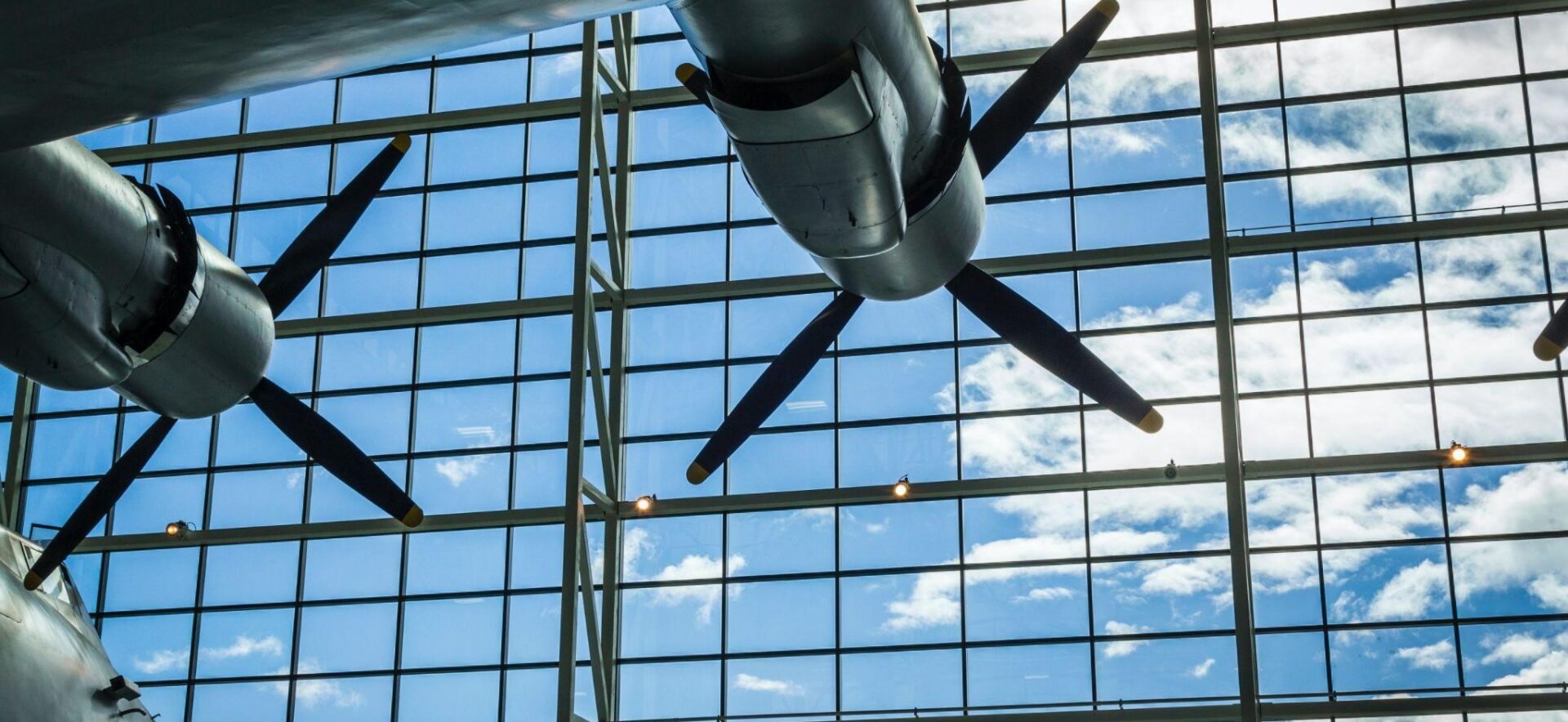Aviation history is the study of human-powered flight. It records the history of all aspects of aviation, including human invention, aviation technology, and the history of aircraft.
Aviation has changed a lot in recent years. It has become easier to fly with a growing number of flights and more people are using it for travel purposes. In addition to that, it has also been used in many other ways such as personal transportation, business travel and leisure.
The use of AI writing assistants can make life easier for writers who need to generate content that needs to be written quickly or on a specific topic.
It has brought people closer together and allowed them to travel to distant places in less time. It has been a game changer in many ways, but it also had some negative impacts on the environment.
The largest impact aviation had was the change of climate. During the 20th century, aviation caused global warming and contributed to ozone depletion.
Aviation is one of the most important inventions of all time, but it also caused some unintended effects on our planet that we should take note of and address before it’s too late.
The history of aviation is a long and complicated one. This article will take you through the history of aviation and how it has changed over time.
The first human-powered aircraft was built in 1783 by Jean Pierre Blanchard, who flew across the English Channel in less than 10 minutes.
Aviation has changed the world and it is still changing. It has led to a change in lifestyle, transportation, development, and tourism.
Aviation has been around for more than 100 years but it was not until the 20th century that it became a global phenomenon. The invention of the airplane brought about a new era of travel and trade.
Aviation has been a part of human history since the beginning of time. It has helped in the transportation of goods, people, and ideas across great distances.
In 1878, the Wright brothers made their first successful flights and changed aviation forever. This is what led to the development of airplanes and paved the way for international travel.
Aviation has also had a huge impact on our society as well as our economy. In fact, it is responsible for about 3% of global GDP each year (United Nations).
Aviation has changed the world in more ways than one. It has changed how we travel, how we communicate and how we work.
Aviation is a significant part of our society today. It is also an industry that has been changing over the years with new technologies and innovations. The emergence of AI writers in the workplace will be another significant change for this industry.
Aviation has changed many aspects of society. It has made travel faster and cheaper, it has allowed people to live in different parts of the world, and it has led to a new way of seeing the world.
The first airline was founded in 1909 by Wilbur Wright. The airlines have grown steadily over the years and now have more than 6,000 flights per day on average.
Aviation changed how we see the world. We can now travel for business or pleasure at a much lower cost than ever before possible. These changes are also affecting how we view our planet with a more sustainable approach to travel.
Aviation has evolved a lot in the last century. It was once considered to be an expensive luxury, but now it is a necessity.
In the early 20th Century, airplanes were used for military purposes and as such they were not very common in civilian life. However, with the invention of the airplane engine and the Wright brothers’ first flight, aviation took a big leap forward.
Aviation History is one of those topics that are easy to write about because there are so many different events that have shaped aviation as we know it today.
Aviation has changed the world in many ways. It has shaped the world’s economy, social structure, and geopolitical landscape. The impact of aviation on society is so great that it is hard to imagine a world without it.
Aviation History:
– 18th century: Invention of hot air balloon by Frenchmen Jean-Francois Pilatre de Rozier and Francois Laurent d’Arlandes;
– 19th century: First heavier than air flight by Englishman George Cayley;
– 20th century: First powered flight by Frenchman Louis Paulhan in 1903;
– 21st century: Globalized aviation with the rise of low cost airlines such as Ryanair and Southwest Airlines.
